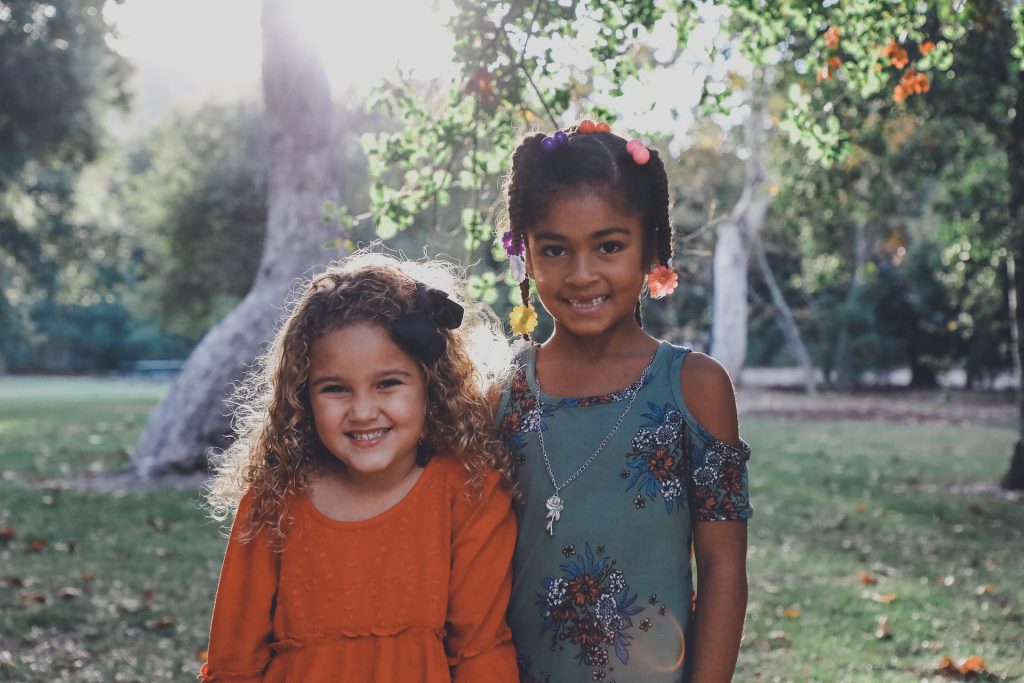
As spring rapidly rolls in, so do opportunities for outdoor play that have been unavailable in colder climates. With outdoor playdates and summer vacations approaching, it’s a perfect time to consider how you can help support your child’s friendships during school breaks.
Friendships are essential to children’s development at all ages, but can also be very hard! Your child might naturally be a social butterfly, winning over every other kid in their class. Or your child might be more introverted and not have as easy of a time socializing. Wherever on the spectrum your child naturally falls, there are things you can start doing early to support their friendship journey.
Observe
Take the time to watch your child in both solo and group play. This will help you to get a sense of what you child’s interests are. You can look for what social skills they are naturally thriving in, and where they have room to grow.
Your child’s teachers can be great assets in learning more about their interests and how they play. ChildWatch’s software can help with communication between parents and teachers. For nuerodiverse children, this observation can help as you discuss your child’s needs with their teachers and support team.
Model Social Behavior
Children are like sponges, watching everything we do! They will learn much about how to interact with other people by observing us. Even small interactions like how you speak to a cashier at the grocery store, a stranger you encounter, or a service worker will teach your child a lot about how they are meant to interact. Even when it is a little more difficult or time consuming, ensuring you speak and engage positively in these small interactions will go a long way in modeling kindness and social behavior for your child.
Help Ease Anxiety
If new situations can be anxiety provoking for us adults, just think of how our children feel. There are a variety of reasons why a child might feel nervous going into a new environment. Meeting new peers is just one potential factor. Since relationships can be the most unpredictable element of a new situation, getting children familiar with the environment can be a helpful step to decrease anxiety. For a new class or activity see if you can coordinate a visit to walk through with your child. If they know what to expect of the place when coming in, they can put more of their focus on playing and building relationships with the other children.
Start Small
While group play and navigation is extremely important, it can also be overwhelming and exhausting, particularly for younger children. Look for opportunities to set up one-on-one social opportunities and playdates for your child. These small opportunities help children practice expressing themselves and navigating their voice in small doses with very direct feedback that might not be possible in larger groups.
There are many more ways to help your child on their friendship journey! The Friendship Factor by Kenneth H. Rubin, Ph.D. is a great resource for learning more. But even when there is too much going on to dive into a book right now, it’s helpful to remember that the small moments present a wealth of learning opportunities for your child!
